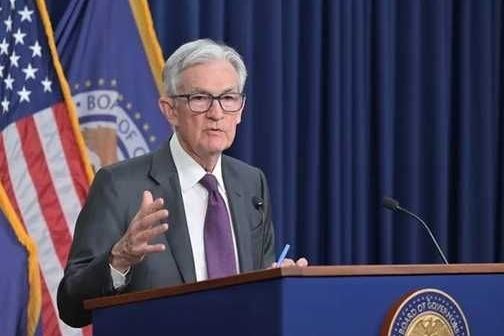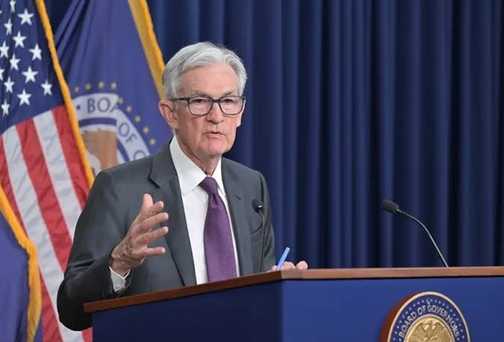
In a recent address, Federal Reserve Chair Jerome Powell issued a stark warning regarding President Donald Trump’s proposed tariff policies. Powell emphasized that these tariffs could significantly impact the U.S. economy by increasing inflation and slowing growth, thereby complicating the Federal Reserve’s dual mandate of maintaining price stability and maximizing employment
Key Concerns Highlighted by Powell
Persistent Inflation:
Powell noted that the implementation of sweeping tariffs is likely to cause a more sustained increase in inflation than previously anticipated. He stated, “These tariffs could lead to inflation that is more persistent, not just a one-time surge in prices.”
Economic Growth at Risk:
The Federal Reserve Chair expressed concerns that higher tariffs would constrain economic growth. He warned that the central bank might face the difficult choice of addressing rising inflation or supporting employment, as efforts to stimulate the economy could be undermined by inflationary pressures stemming from tariff costs.
Market Reactions and Political Tensions
The financial markets have responded negatively to the escalating tensions between the Federal Reserve and the Trump administration. Recently, President Trump intensified his criticism of Powell, urging for interest rate cuts and labeling him “a major loser.” These remarks contributed to a significant market downturn, with the Dow Jones Industrial Average dropping 1,000 points and the S&P 500 declining nearly 3%.
Furthermore, reports suggest that the Trump administration is exploring the possibility of removing Powell from his position, a move that would challenge the Federal Reserve’s independence. Powell, however, has affirmed his commitment to completing his term, which ends in 2026.
Implications for the U.S. Economy
Powell’s warnings highlight the potential risks associated with aggressive tariff policies. The combination of rising inflation and slowing growth could place the Federal Reserve in a challenging position, as traditional monetary policy tools may be less effective in such an environment. Investors and policymakers alike will need to navigate these complexities carefully to maintain economic stability.
Final Thoughts
The ongoing dispute between the Federal Reserve and the Trump administration underscores the delicate balance required in economic policymaking. As the situation evolves, close attention will be necessary to assess the long-term impacts of tariff implementations on inflation, employment, and overall economic health.
